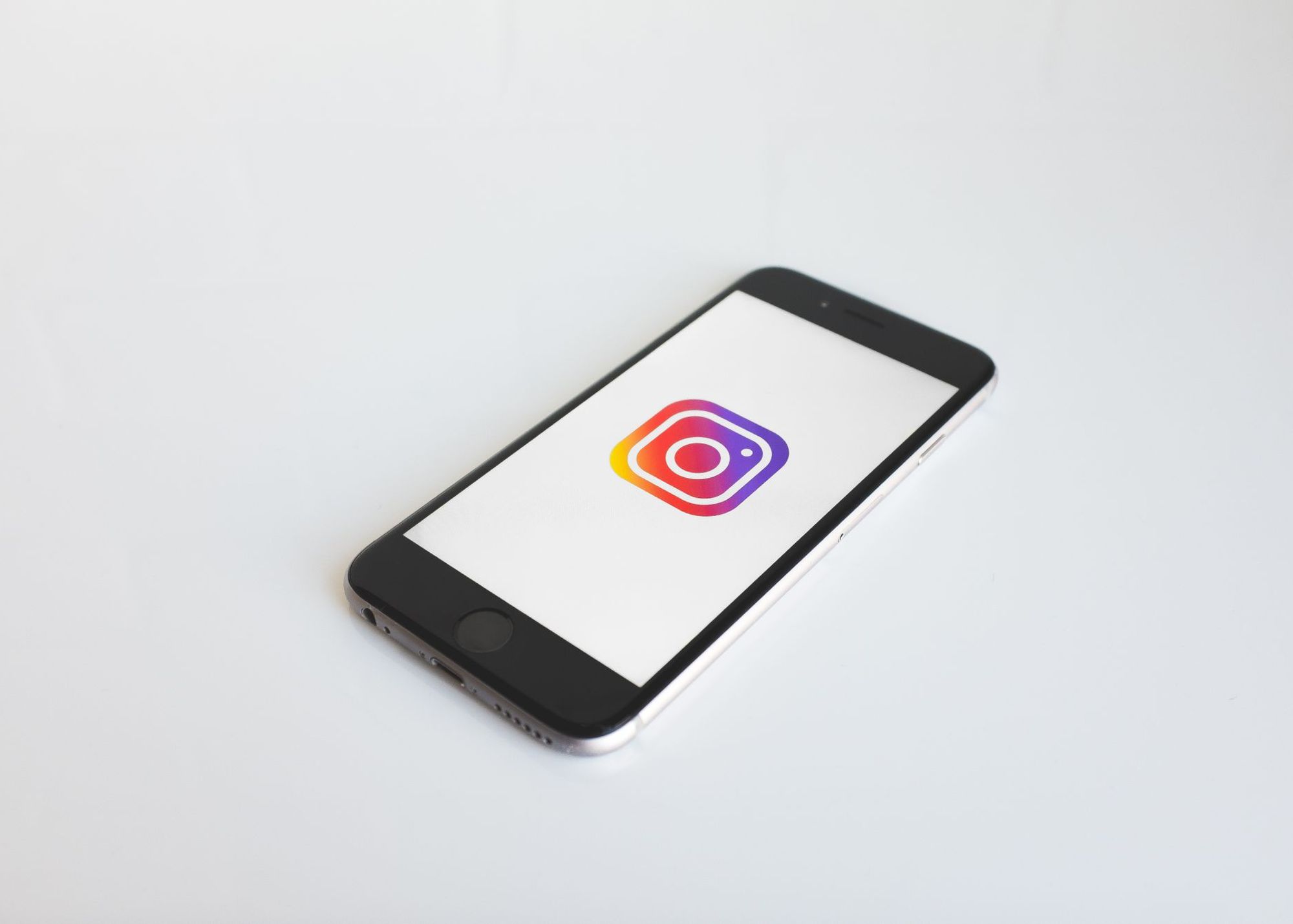
How to Add Captions to IGTV Videos
This step by step guide will show you how to add captions to IGTV Videos
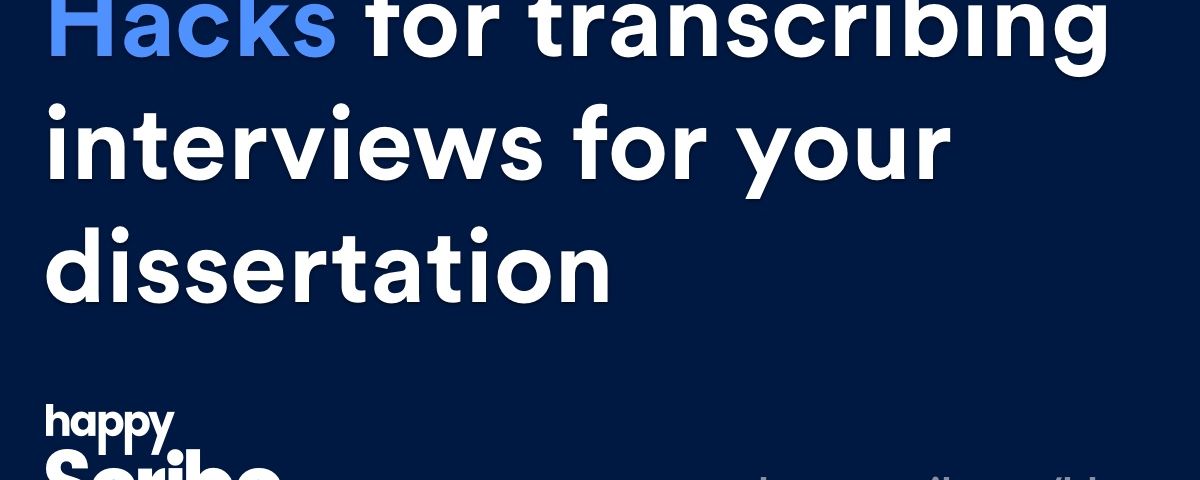
It’s that time of year when dissertations are being put together for submission. With anything from 10,000 to 15,000 words to type up, it can be both an exhausting and time-consuming process. However, with dissertations accounting for a sizeable chunk of your final grade, it’s also
It’s that time of year when dissertations are being put together for submission. With anything from 10,000 to 15,000 words to type up, it can be both an exhausting and time-consuming process.
However, with dissertations accounting for a sizeable chunk of your final grade, it’s also important to ensure your final work is presentable, readable, and finished to a professional standard.
Transcribing Options
When it comes to transcribing notes and interviews, you have two options. The first is totranscribe for free by typing up your own notes. If you’re a quick typist and ahead of your schedule, this might be a viable option. It can however be tedious and time consuming, and requires you to invest in a decent laptop and headphones.
A modern option is to use a program that transcribes audio to text. Online transcribing is a popular way of audio text being converted into words for use in dissertations and copy of all types. This has a number of benefits. First of all, it saves you considerable time compared to writing them up yourself. The best online transcribing companies will transform your audio into notes in just minutes.
And let’s be honest, less time spent at your laptop means more time at the student bar, or… ahem, studying!
The Interview
To help you later with transcribing, be sure to capture the name, job title, date and location of the interview, asking the spokesperson to spell out any difficult names for accuracy.
Be armed with a list of questions and some research on the candidate, to ensure your time is spent gaining as much information as you need.
It is always better to conduct interviews face-to-face. Not only will you get more out of your interviewee, but you’ll be able to read their body language. If you’re using a recording device, or iPhone recording tool, try to keep the microphone away from the speaker. And where possible, avoid Skype, FaceTime and phone call recordings, as the quality is harder to translate.
Heavy accents may be unavoidable, however where words are being unpronounced, repeat them back to the interviewee, for the benefit of transcribing.
Transcribing your Interview
For a professional write-up, it is still best to use an online transcribing service. Look for companies that are reliable, trusted and provide quick results.
Happy Scribe is one such service, that has helped more than 10,000 journalists, students and researchers worldwide. Easy to use, audio files are uploaded online and transcribed using state-of-the-art technology within minutes. It’s also very affordable, starting at 7p per minute to transcribe.
Note Checking
Sometimes when you look back at your notes they may need clarity. Other times, interviewees may request to see copy before submission. This is where it’s handy to have a set of your notes typed up to share back with your contact for fact checking and accuracy.
Document Keeping
Finally, it’s always beneficial to have a set of typed notes from every interview on file. You never know when you might want to access them again in the future.
If you’re one of the many students looking to create a professional dissertation, visit Happy Scribe now to see how they can assist, and take advantage of a now!

This step by step guide will show you how to add captions to IGTV Videos
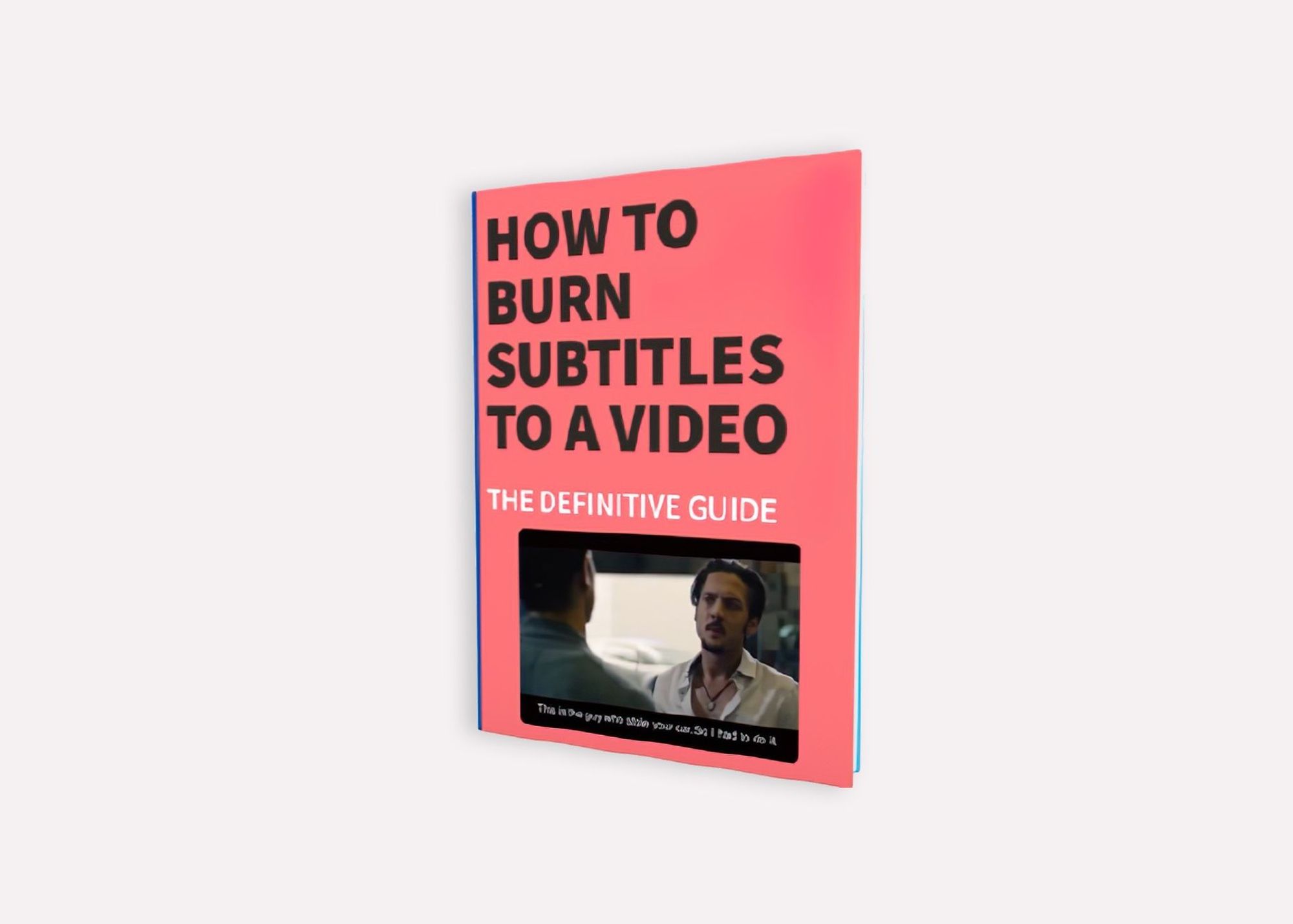
The definitive guide to generating subtitles and captions automatically to your videos and hardcode them directly to your video.
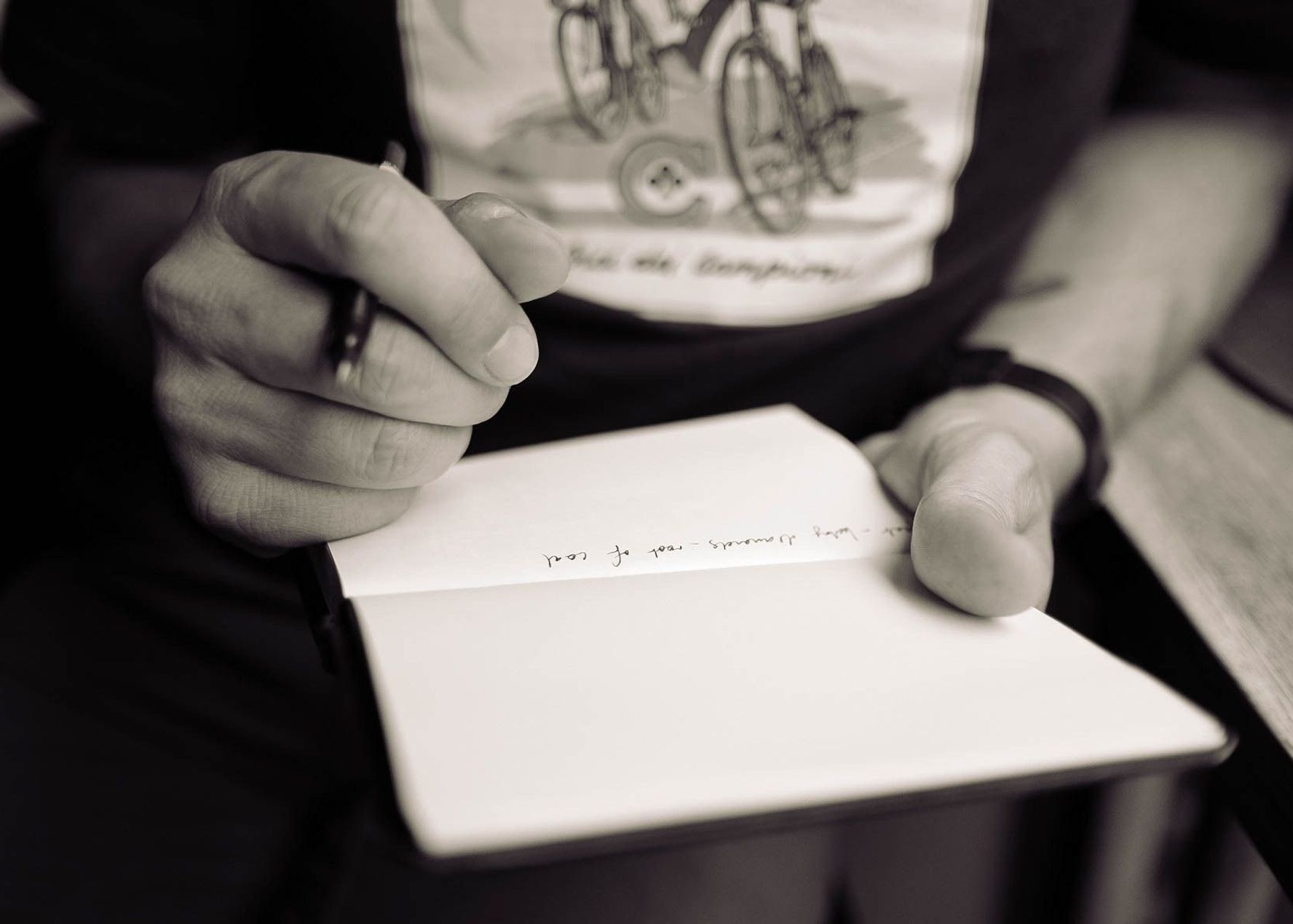
What are the pros and cons of recording and note-taking? Which one is right for you?
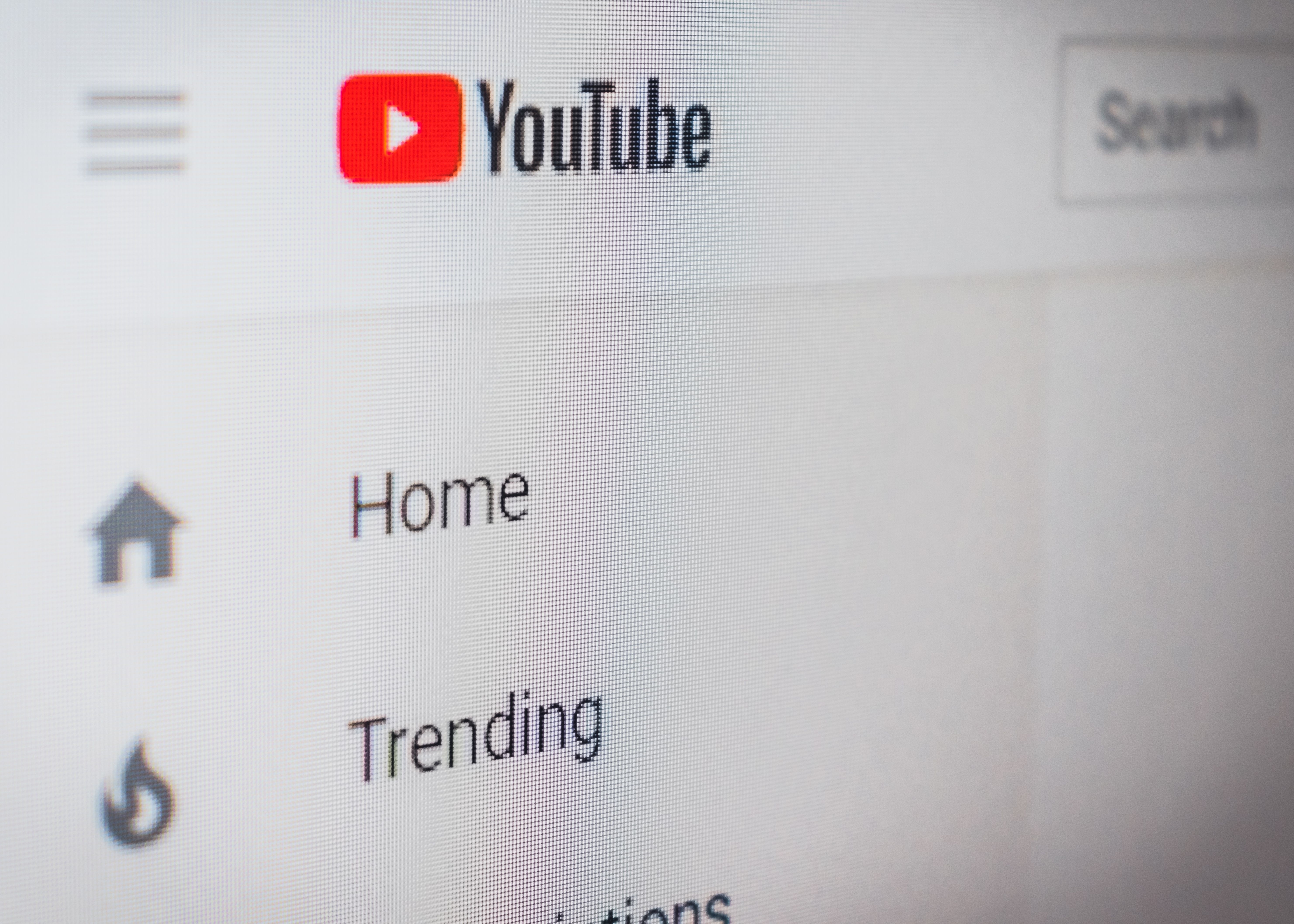
Have you ever wondered how to add captions to YouTube videos? Well, this step by step guide will show you how to get accurate captions quickly.
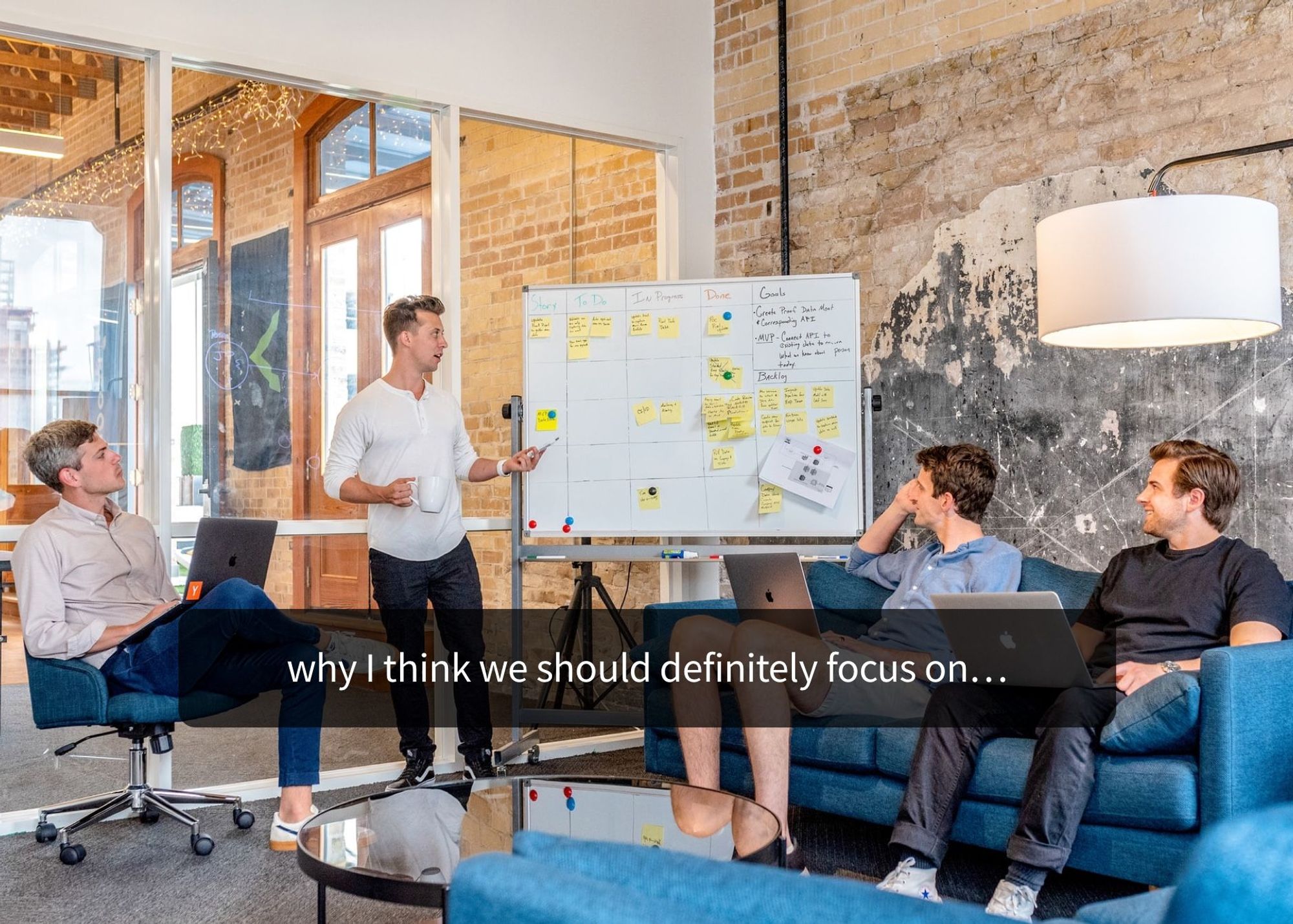
Your subtitles need to be readable and perfectly synced with the video and perfectly follow the reading skills of your audience. For example, you don't make subtitles for adults the same as subtitles for children.

Use Happy Scribe to get a free SRT file for your 30-minute video.

Adding subtitles to videos can increase audience engagement, improve accessibility, and help promote a positive image of a company, making it a useful tool for job postings and promotions.
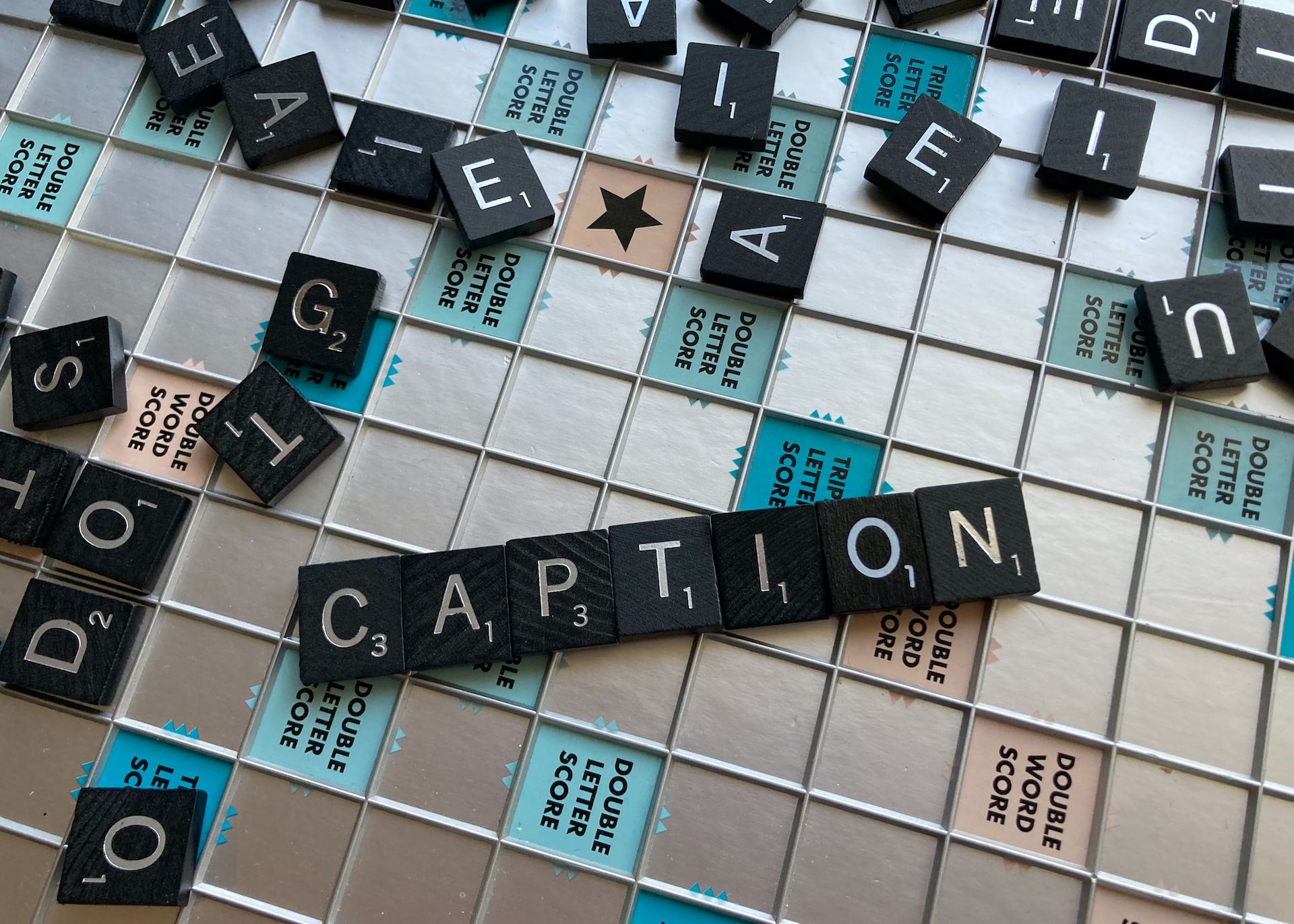
Dive into the differences between SDH and closed captions, and discover how Happy Scribe can revolutionize your video accessibility with automatic, customizable, and multilingual transcriptions.
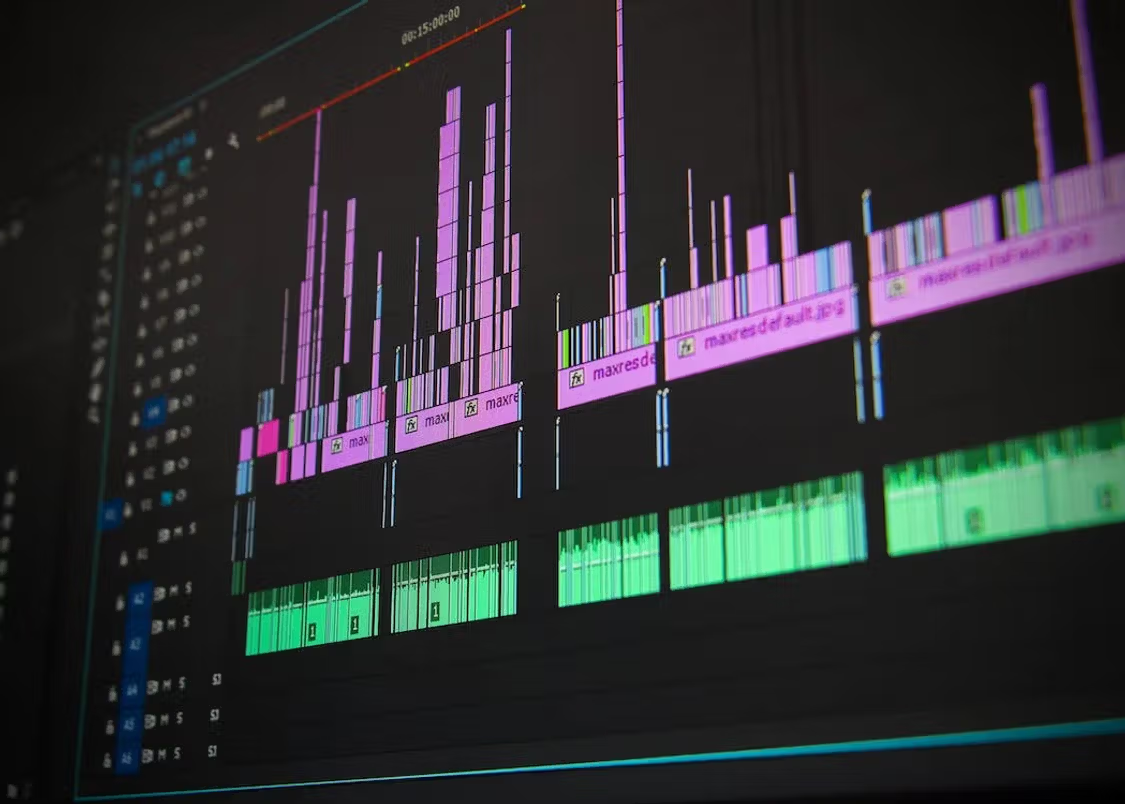
Not sure how to add subtitles to a YouTube video? In this article you will find some of the best and easiest ways to add captions to videos.
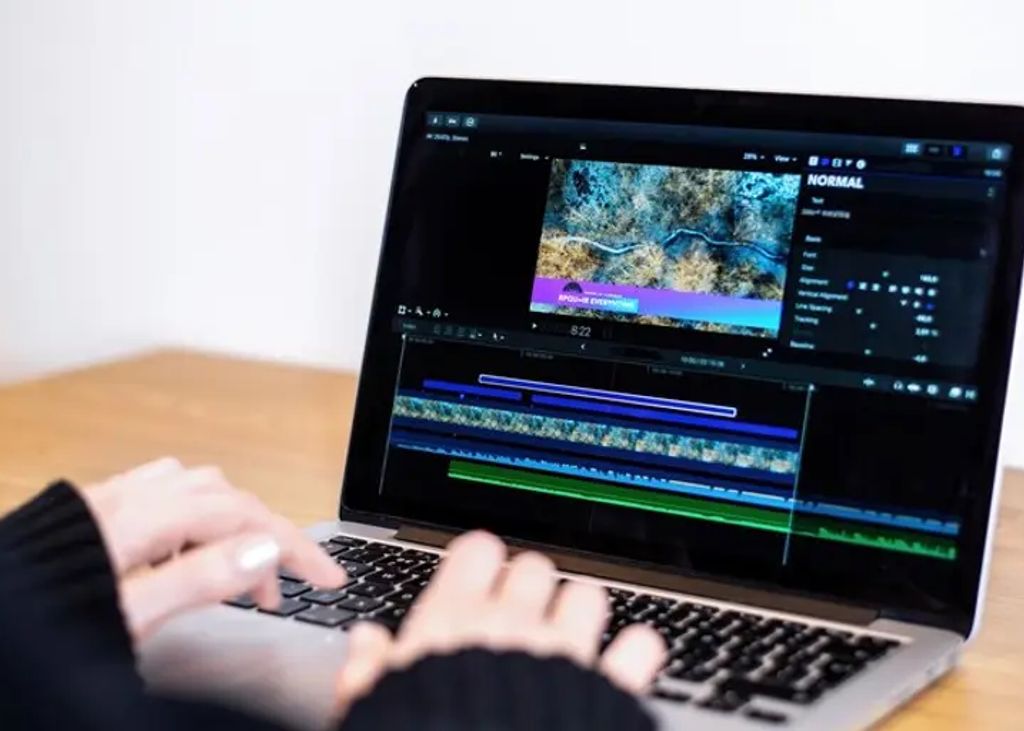
Do you need Spanish subtitles for your videos? Learn how to translate and transcribe English audio quickly while maintaining contextual accuracy.